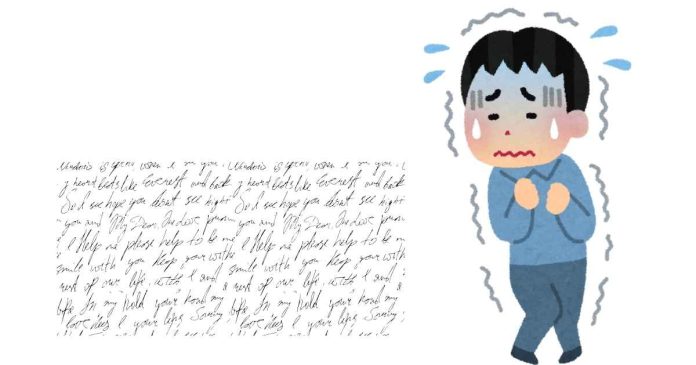Origin of the Word
The word “hippopotomonstrosesquipedaliophobia” is a constructed term, mostly for humorous or ironic purposes, as it refers to the fear of long words. The word itself is excessively long, which adds a layer of irony. Here’s how it’s put together:
- “Hippopotomonstro-“: This part of the word derives from hippopotamus (a large animal) and monstrous (suggesting something huge or frightening). This prefix exaggerates the size of the word, which is fitting since the person suffering from the fear is supposedly afraid of long words.
- “-sesquipedalian”: This comes from Latin, where sesqui- means “one and a half” and pedalis means “foot,” so “sesquipedalian” literally means “a foot and a half long.” Over time, it became a term to refer to long words or the use of long words.
- “-phobia”: This is the common suffix used to denote an irrational fear of something.
Meaning
Put together, “hippopotomonstrosesquipedaliophobia” humorously refers to the fear of long words. The word itself is almost an example of the phenomenon it describes, as it is a long, complex word.
The Irony
The irony is that the term is so long and complicated that it almost becomes a parody of itself. Someone who suffers from this phobia would find the word overwhelming and anxiety-inducing, making it a bit of a tongue-in-cheek reference.
Is It a Real Phobia?
While “hippopotomonstrosesquipedaliophobia” might be listed as a humorous or meme-inspired term, the fear of long words isn’t a formally recognized psychological disorder. Phobias, in general, are usually named based on the object or situation causing fear. In the case of phobias involving words or language, they might fall under broader categories like logophobia (fear of words) or lexophobia (fear of speech or language), but the term “hippopotomonstrosesquipedaliophobia” itself isn’t part of the DSM-5 (Diagnostic and Statistical Manual of Mental Disorders) or other official psychological diagnostic frameworks.
Psychological Context
Phobias, including those about words, typically arise due to negative or traumatic associations with specific objects or situations. In the case of a person fearing long words, this might stem from an overwhelming experience related to reading, learning, or speaking, though such a specific fear is rare.
Fun Fact
The term also illustrates how language can be playful, blending humor with linguistic elements. It’s often used to point out the absurdity of some phobias or to describe someone’s hesitation to speak or write due to fear of using complicated words.


